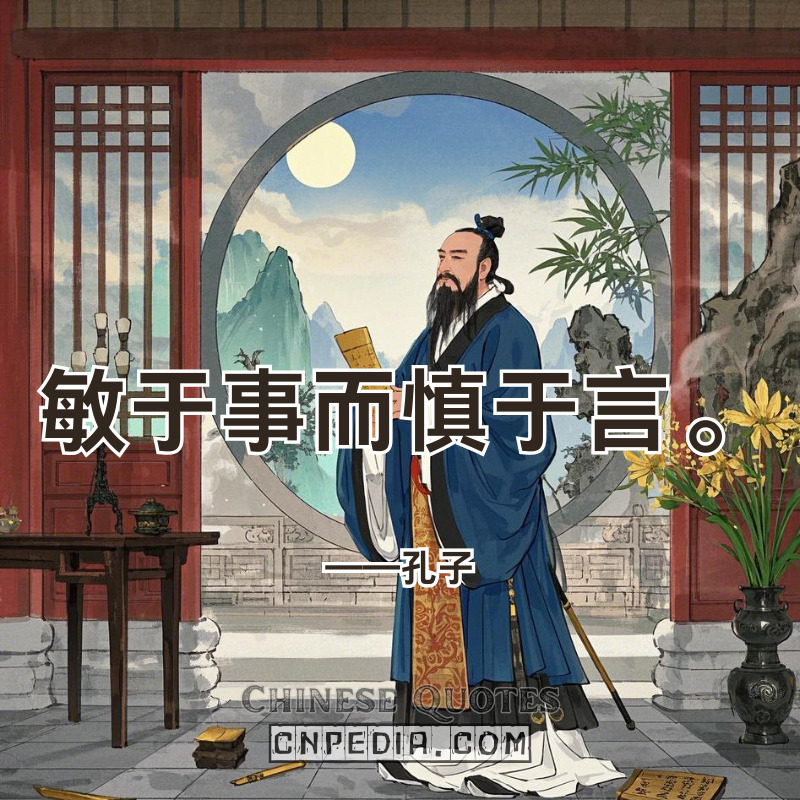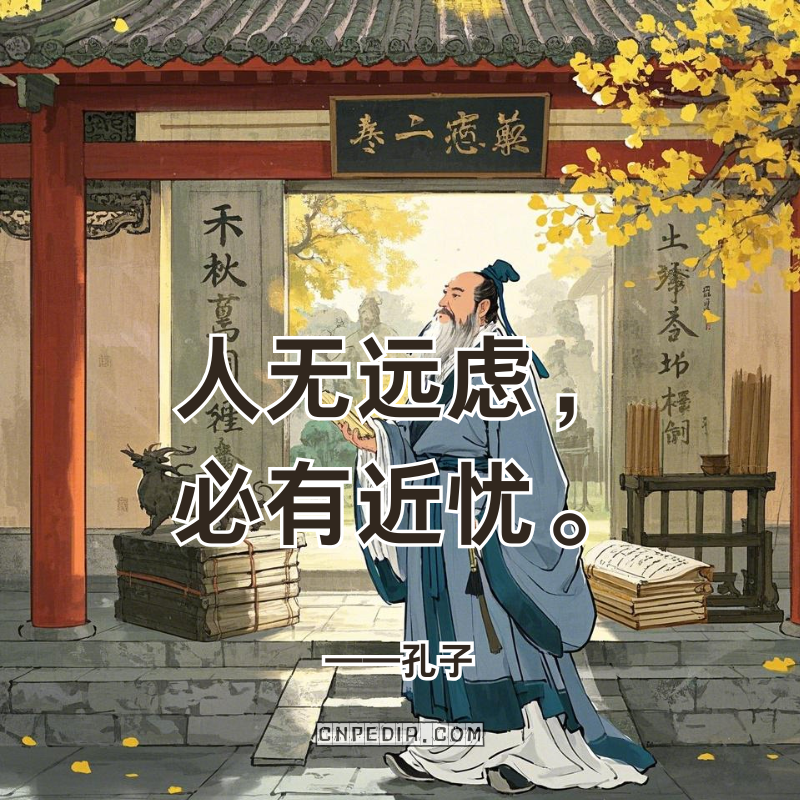3 Articles
Tags :Crisis management

敏于事而慎于言。——孔子(mǐn yú shì ér shèn yú yán — Kǒngzǐ) Translation: “Be swift in action, guarded in speech.” Explanation: Confucius’ kinetic wisdom principle “敏于事而慎于言(mǐn yú shì ér shèn yú yán)” (Be swift in action, guarded in speech) establishes humanity’s earliest framework for calibrated responsiveness. The character 敏(mǐn)—combining 攵(pū, rapid action) and 每(měi, meticulous repetition)—encodes comprehensive adaptability: like a seasoned blacksmith striking while the iron is hot yet measuring each hammer’s force. This philosophy shaped 明朝急脚递(míng cháo jí jiǎo dì) (Ming Dynasty Express Courier System), where messengers memorized (慎于言(shèn yú yán)) rather than recorded imperial edicts, then sprinted (敏于事(mǐn yú shì)) 200km daily—errors in speed or accuracy incurred calligraphy drills with 10kg wrist weights. Modern crisis management mirrors this duality: SpaceX engineers...

君子泰而不骄,小人骄而不泰。——孔子(jūn zǐ tài ér bù jiāo, xiǎo rén jiāo ér bù tài — Kǒngzǐ) Translation: “Nobles are secure without arrogance; plebeians arrogant without security.” Explanation: Confucius’ psychological axiom “君子泰而不骄(jūn zǐ tài ér bù jiāo), 小人骄而不泰(xiǎo rén jiāo ér bù tài)” (Nobles are secure without arrogance; plebeians arrogant without security) establishes humanity’s earliest model of emotional equilibrium. The character 泰(tài)—combining 大(dà, expansive) and 水(shuǐ, flowing water)—depicts cosmic confidence akin to rivers nourishing plains without dominance. This contrasts with 骄(jiāo) (arrogance), where the 马(mǎ, horse) radical symbolizes unbridled ego. The philosophy shaped 《大学》(dà xué) (Great Learning)’s leadership protocols, mandating rulers to cultivate 泰(tài) through agrarian rituals that connected personal stability with societal harmony. Tang Dynasty diplomacy operationalized this principle. Envoys trained in...

人无远虑,必有近忧。——孔子(rén wú yuǎn lǜ, bì yǒu jìn yōu — Kǒngzǐ) Translation: “Without long-term vision, immediate crises emerge.”Explanation: Confucius’ axiom “Without long-term vision, immediate crises emerge” encodes a proto-systems theory of governance. The character 虑 (lǜ), composed of 虎 (hǔ, tiger) and 思 (sī, thought), visually merges a predator’s calculated pacing with human cognition—a metaphor for strategic patience. Unlike reactive decision-making, this tiger-mind deliberation advocates cyclical planning where today’s actions are evaluated against decadal consequences, creating what modern strategists call anticipatory governance. Ancient Chinese rulers institutionalized this wisdom through hydraulic engineering and grain reserve systems. The Dujiangyan irrigation project (3rd century BCE), still functional today, exemplifies 虑 in action—its designers anticipated both flood control and soil fertility needs for 20 generations....


